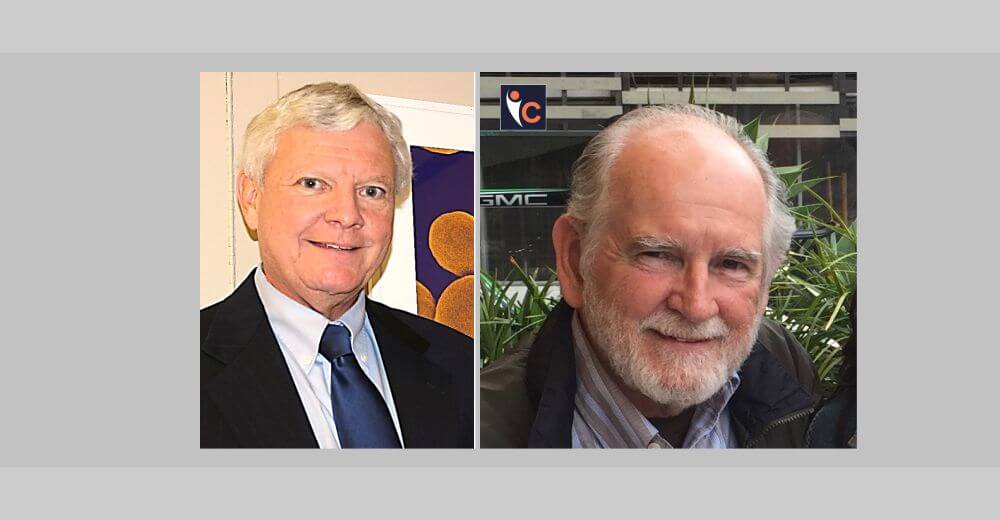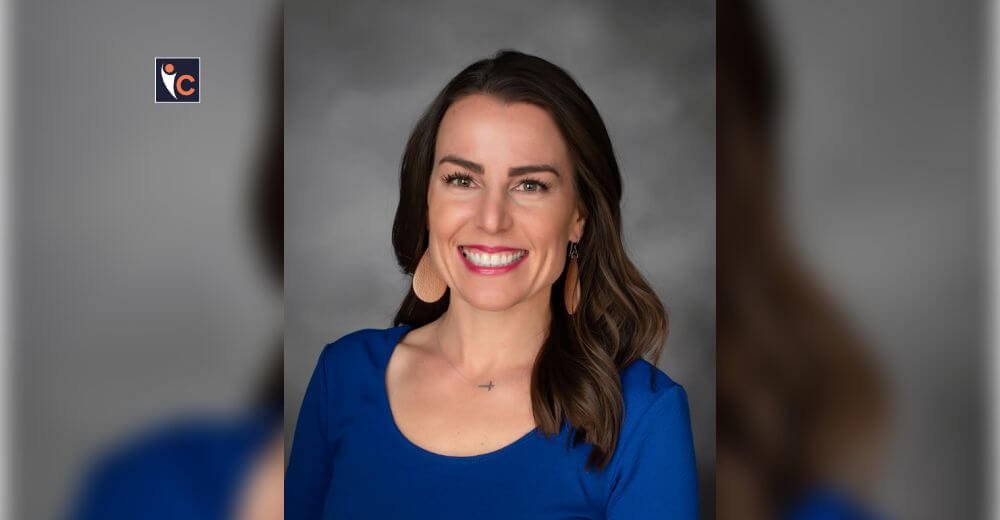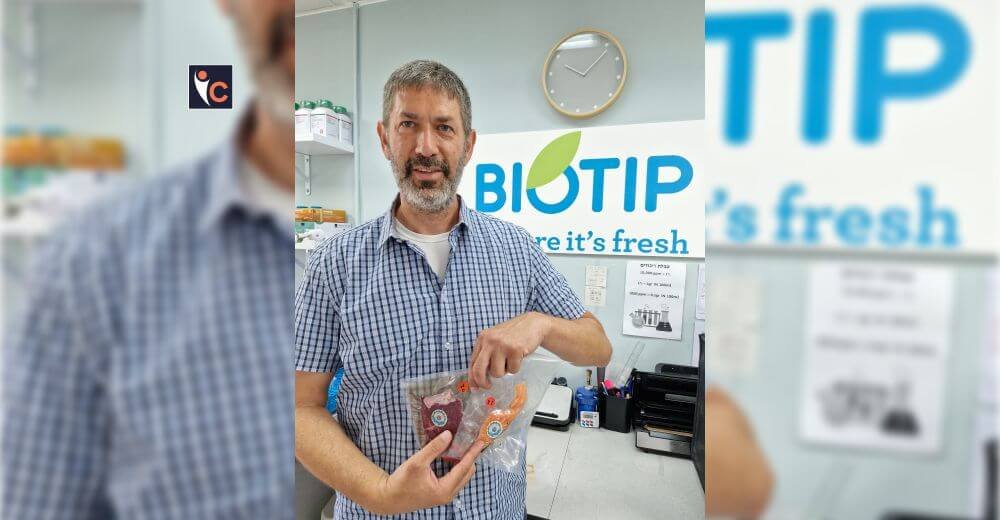The growing demand for palm oil from equatorial tropical regions is destroying the habitat for several mammals, plants, and other species. Although palm oil has high yields for its use in a variety of consumer products like cosmetics, ice cream, and biodiesel, it destroys a vast number of tropical forests.
Addressing the sustainability concern, Thomas Jeffries (President) and Thomas Kelleher (CEO) established a business in 2007 after receiving funding from the National Science Foundation. Under their leadership, the Wisconsin-based business, XYLOME Corporation, sought to develop non-conventional yeasts such as palm-oil substitutes, lipids, biochemicals, and enzymes with its technology. Metabolic engineering is the key to yeast operations; it increases the value and diversity of byproducts from industrial yeast fermentations while reducing the planet’s net carbon emissions.
The following are key points from a thorough interview between Insights Care and Jeffries and Kelleher, who emphasize the factors that have made Xylome a leading biotechnology research firm:
Shed some light on your journey as the guiding light of the company.
XYLOME has been dedicated to financial risk mitigation by finding real solutions and developing cost-effective products prior to obtaining institutional investments. The company has been operating for 10 years with no serviceable debt and no institutional investors yet.
How does Tom Kelleher’s and Tom Jeffries’ presence play an important role in the growth of the company?
Tom Kelleher has brought the experience of a career in the biopharmaceutical industry and industrial process development to XYLOME. Tom Jeffries was the principal investigator for a major genomic study of potential industrial yeast, funded by the Department of Energy. He has had a long and successful career in academic science and is the past president of the International Society for Industrial Microbiology and Biotechnology (SIMB).
Can you elaborate on the core values, mission, and vision on which the company is built?
XYLOME’s values can be summarized as transparency, trust, respect, and diversity toward stakeholders, customers, competitors, and employees. The XYLOME mission is simply to create new sustainable products for large markets where there is a sustainability problem by applying nonconventional yeast and genomics.
XYLOME aspires to leverage our current products to become a great synthetic biology company with a $400 million market capitalization within 10 years.
What are the core products and services that your company has to offer?
XYLOME’s lead product is YOIL™, a true and pure bio-identical palm oil made in yeast for use in pharmaceutical formulations, food, and personal care.
XYLOME’s drug delivery product, called TopicOil™ is an aqueous-feeling deca-micron carrier for hydrophobic drug delivery, antifungal topicals, and for other medical or cosmetic purposes as a sterilizable cream. TopicOil™ is composed of 10-micron spheres as a moisturizing white cream with a hydrophobic core that has 10–20-fold more hydrophobic drug capacity than the same volume of traditional liposomes, which are typically only 0.1-0.12 microns.
XYLOME is engaged in the development of a competitively priced fish oil-bioidentical yeast.
In what way do they serve the target population?
XYLOME’s first medical product will be a new class of antifungal contained within the TopicOil™ structure for patients with severe burns.
How are these different from other forms of care that patients receive or do not receive in general?
Antifungal resistance in severe burns is a growing problem, and there is a growing need for new classes of antifungals, which are typically hydrophobic in nature. XYLOME has entered into an agreement with the University of Wisconsin to develop a TopicOil-based Turbomycin, a hydrophobic antifungal product.
The TopicOil™ imparts both drug, neutral triglyceride, and moisture to a burn, and as the TopicOil™ dries, it forms an invisible protective layer composed mainly of diacylglycerides.
Brief us on the scientific process of drug delivery to the company’s target population.
Today, the early stages of drug development have focused on the YOIL-Cream™ form of TopicOil™. However, in the future, a spray-on product may be more useful in both hospital and battlefield settings.
How does your company offer personalized treatment to address the patient’s concerns?
Based on Kelleher’s experience at Cubist Pharmaceuticals as the lead inventor of the Daptomycin commercial process, XYLOME will focus on making the final drug convenient and safe, which are priorities. TopicOil™ is odorless, tasteless, and comfortable when applied topically. A preliminary beta test of 575 exposures supports the mild and benign nature of the TopicOil™ structure.
What diagnostic tools does the organization find to be essential in conducting its operations?
XYLOME’s focus is on process control, and it has outsourced Quality Control to a major GLP laboratory.
What endeavors is the organization currently pursuing to improve its measures for patients?
XYLOME’s program is pre-clinical at this stage, with an IND guided by a strategic partner or following product acquisition by a pharmaceutical company. XYLOME will continue to be a technology provider specializing in the many opportunities arising from nonconventional yeast and synthetic biology.
What advice would you like to give to budding entrepreneurs and enthusiasts who desire to venture into the process of drug delivery?
The major lesson is that success and flexibility both require non-dilutive funding, contracts, and sponsorships that can be leveraged to create disruptive products. In other words, taking investor money too early, prior to risk mitigation and product development, limits the flexibility required to successfully create real products for real markets.
How do you envision scaling your organization’s services and operations in 2023 and beyond?
Very few companies create the genetic tools, transformation systems, and deep genomic understanding required to build new sustainable alternatives for current ecosystem-damaging practices, toxic chemicals, and new pathways for the biological production of drugs. This is because historically, it has taken 10 years to build the required toolset. As a result, almost all yeast products come from only five yeast types. XYLOME specializes in building the genetic tools required to access non-conventional yeast. Our expertise allows us to access the untouched metabolic pathways of the other 1500 known yeast types found in nature. This core competency is the key to XYLOME’s current and future success.
XYLOME will continue to work with potential strategic partners who have existing capabilities, customers, and the expertise needed to drive commercialization. XYLOME will continue to build new franchises for large markets that need sustainable solutions, using genetic engineering as our foundation.
Next Story: https://insightscare.com/delpor-inc-what-if-you-only-had-to-take-your-medication-once-a-year/










